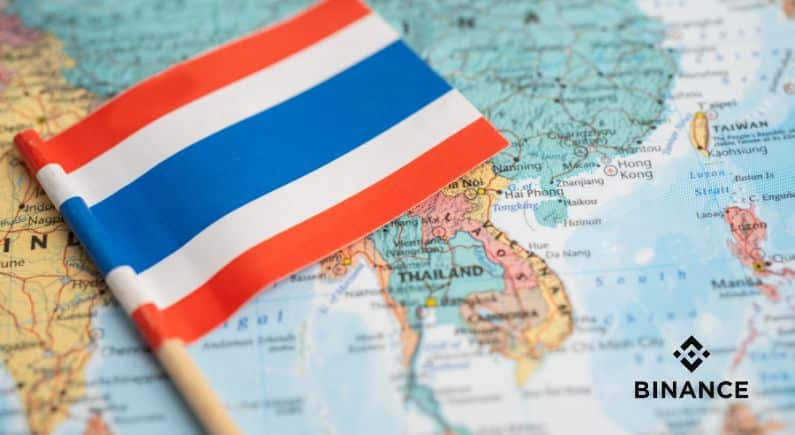Asia’s crypto hubs introduce bans on lending, staking for retail investors

Singapore and Thailand have recently introduced new regulations that restrict crypto lending and staking services for retail investors as measures to strengthen investor protection and mitigate potential risks.
The Monetary Authority of Singapore (MAS), the central bank of Singapore, unveiled six requirements for crypto businesses to safeguard investors’ interests. Additionally, MAS prohibited exchanges from offering lending or staking services to retail users.
The central bank argues that these services are generally unsuitable for individual investors. However, institutional and accredited investors can still access these services.
As part of the new rules, MAS instructed crypto exchanges to segregate user and business assets, ensuring that user assets are kept in a statutory trust. This measure aims to mitigate the risk of loss or misuse of customers’ assets and facilitate the recovery of assets in the event of insolvency.
Exchanges in Singapore were given until the end of the year to comply with these new regulations.
Under the updated guidelines, crypto exchanges are required to separate their custody business from other operational units. This separation is intended to ensure that the custody function remains operationally independent and insulated from associated risks.
The new rules also emphasize the importance of ensuring the safety of user funds and maintaining proper records, including daily reconciliation of user assets. Exchanges must also ensure access and operational controls for customers’ digital assets remain in Singapore. Clear risk disclosures on exchanges are now also mandatory.
MAS decided to implement these regulations after soliciting public input on investor protection in 2022. The central bank seeks feedback on draft amendments to the Payment Services Regulations to incorporate these new requirements.
In a separate move, MAS also released a consultation paper proposing further measures to curb unfair trading practices in the crypto industry, which included active surveillance to detect unfair trading practices, careful handling of confidential information, and policies for personal trading by employees.
In Thailand, the Securities and Exchange Commission (SEC) also introduced new guidelines to increase transparency and reduce risk in the digital asset sector. The Thai SEC established explicit criteria for risk warning disclosures by digital currency operators and imposed prohibitions on certain services.
Digital asset businesses are now prohibited from accepting digital currencies for lending or investment purposes while promising returns to depositors. Additionally, staking services can only offer returns if they fall under promotional activities defined by Thai SEC rules. Companies are also barred from advertising or persuading the public to engage in such services.
New regulations in South Korea
Meanwhile, the South Korean National Assembly has recently passed the Virtual Asset User Protection Act. The move came in response to a series of crypto-related scandals in the country.
This legislation is a consolidation of 19 different bills related to cryptocurrencies and aims to establish a regulatory framework for the industry, particularly focusing on investor protection.
The new rules cover various aspects, including preventing and penalizing illicit financial activities, market manipulation, and insider trading using nonpublic information.
Violators will face fines based on the profits gained from unfair trade practices, with a minimum of twice the amount of profit, as well as a mandatory prison sentence of at least one year.
The legislation also brings crypto-related firms under the purview of financial services regulation by requiring them to maintain reserve funds, provide insurance for customer deposits and keep records of all virtual assets they hold.









